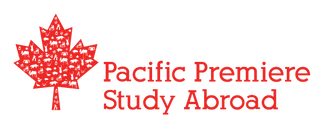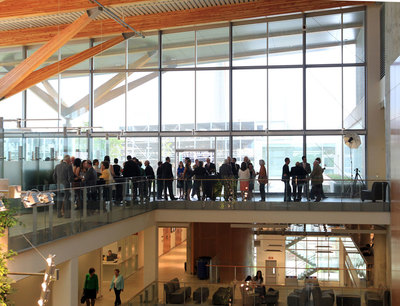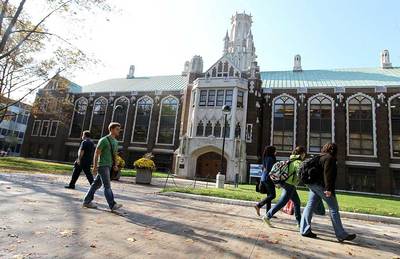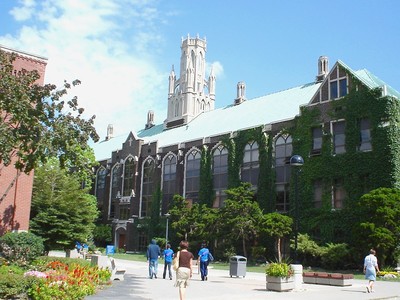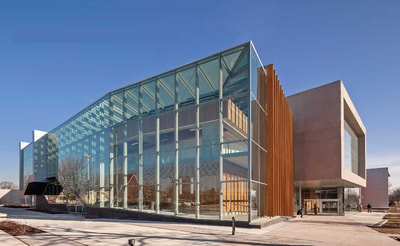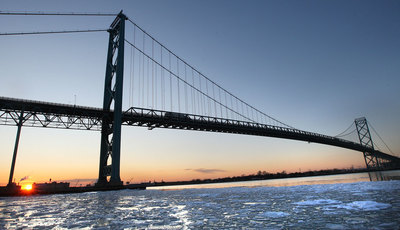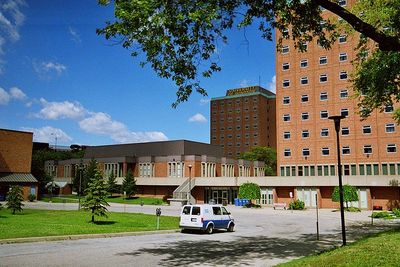โปรแกรม Bachelor of Applied Science in Mechanical Engineering - Automotive Option
สถาบัน University of Windsor
(เมือง Windsor, รัฐ Ontario)
About University of Windsor
มหาวิทยาลัยวินเซอร์เป็นมหาวิทยาลัยรัฐชั้นนำของประเทศแคนาดา ได้ถูกก่อตั้งในปี 1857 ในนาม Assumption College และ ได้ก่อตั้งเป็นมหาวิทยาลัยวินเซอร์ในปี 1962
- สถาบันตั้งอยู่ใจกลางเมืองวินเซอร์
- เพียง 3 ชั่วโมงจากเมืองโตรอนโต้
- สถาบันติดกับแม่น้ำ Detriot River และ เขตเมือง Windsor Detriot Metropolitan area เพียงข้ามสะพานจะถึงประเทศสหรัฐอเมริกา ถือว่าที่ตั้งเหมาะเป็นอย่างยิ่งสำหรับท่านที่สนใจที่จะศึกษา พร้อมหาประสบการณ์ในประเทศแคนาดา และ สหรัฐอเมริกา
Why choose University of Windsor?
- มหาวิทยาลัยวินเซอร์มีชื่อเสียง และ คุณภาพการศึกษาดีเยี่ยม (High Academic Excellence)
- คณาจารย์ และ นักศึกษามาจากทั่วโลก (Truly international)
- หลากหลายโปรแกรมที่น่าสนใจในระดับ ปริญญาตรี ปริญญาโท และ ปริญญาเอก
- หลากหลายสาขาการเรียน
- ได้สัมผัสทั้งประเทศแคนาดา และ ประเทศอเมริกา ซึ่งห่างเพียงไม่กี่นาทีข้ามสะพาน Ambassador bridge (Enjoy the best of both worlds, Canada & USA)
- สามารถทำงานระหว่างเรียนได้ 20 hours/ week
- สามารถทำงานหลังเรียนจบอย่างถูกต้องตามกฎหมาย
Program Details
Mechanical Engineering includes two broad areas of study: thermofluids (which involves heat and power) and solid mechanics (designing mechanical parts, determining the forces on those parts during operation, and analyzing their performance as part of larger machines and systems.)
- Explores the exciting automotive industry in one of Canada’s original and most diverse programs in automotive engineering education
- Study such topics as vehicle dynamics, internal combustion engines, diesel technology, and fuel cell technologies. A highlight is the opportunity to design, build and race vehicles in events sponsored by the Society of Automotive Engineers
Courses:
94-330. Automotive Engineering Fundamentals
Overview of primary automotive systems. Engine types and configurations, combustion, emission control, vehicle performance. Powertrain, suspension, frame and chassis. Materials and fabrication issues. Engine and vehicle dissection laboratory. Identification of industry issues and trends. (Prerequisite: Automotive Option students only and Semester 6 or higher standing.) (2 lecture, 3 laboratory hours a week.)
94-440. Topics in Automotive Engineering
Selected topics of current interest in Automotive Engineering. (Prerequisite: Semester 7 or higher standing or permission of instructor.) (3 lecture, 1 laboratory hours a week.)
94-441. Directed Studies in Automotive Engineering
A special course of studies in Automotive Engineering with content and direction approved by the Department Head. (Prerequisite: Semester 7 or higher standing with a 70% average or better.)
94-461. Design for Manufacturability
Expansion of engineering graphics: tolerance design; tolerances for precision fits; tolerance stack-up; geometric dimensioning and tolerancing ((GD&T); design for manufacture and assembly (DFMA). (Prerequisites: 85-230 and Semester 7 or higher standing.) (3 lecture, 1 laboratory hours a week.)
94-463. Vehicle Dynamics
Classification and analysis of suspension types and geometry, powertrain layout, and ride quality. Tire modeling, stability, and numerical simulation of vehicle dynamics, including longitudinal and lateral vehicle response to driver inputs. Selected topics from industry experts. (Prerequisite: Semester 7 or higher standing.) (Co-requisite: 92-315 or 92-321.) (3 lecture, 1 tutorial hours a week.)
94-465. Internal Combustion Engines
Mechanical design of vehicular internal combustion engines for different applications. Covers basic engine types and their operation from an energy conversion systems viewpoint, where the system needs to satisfy a number of requirements. These performance and operational requirements are derived from basic thermodynamics, operation of heat engine cycles, ignition and combustion processes, fuel system design, heat transfer, emissions formulation, available instrumentation and testing procedures. Environmental impact of vehicular designs on global pollution and government standards. Recent developments in energy-efficient and alternate fuel engines. (Prerequisites: 92-317, 92-320.) (3 lecture, 1 tutorial hours a week.)
94-467. Vehicle Thermal Management
A study of controlled passenger compartment environment, and automotive thermal management hardware: radiator, heater core, air-conditioning components. Topics include the thermal comfort model of occupants in a vehicle, determination of heating and cooling loads, the practical application of refrigeration in automotive air-conditioning followed by design of equipment and HVAC system, description and design of engine cooling system. (Prerequisites: 92-317, 92-328, 85-233.) (3 lecture, 1 laboratory hours a week.)
94-469. Diesel Engine Fundamentals
Theory and practice of modern diesel engines. Diesel combustion cycle. Engine design aspects including fuel injection, turbocharging, and intercooling. Measurement and control of engine emissions. Engine performance testing. Future and advanced technologies including exhaust aftertreatment. (Prerequisites: 92-317 and Semester 6 or higher standing.)
Career Tracks:
Graduates can be found at all levels of engineering and management from small private companies to larger, multinational corporations, and government ministries and services.
- State-of-the-art manufacturing and production
- Business
- Government
- Systems design/operation/building/maintenance
- Consulting
- Transportation
- Pollution control and prevention
- Advanced computing and communications
- Medicine and medical technology
- Bio-based engineering
- Research and development
- Structural design
- Failure analysis
- Construction and infrastructure renewal
- Scheduling and optimization
- Automotive industry
- Environmental protection
- Project, process and systems management
- Robotics and advanced electronics
- Power generation and distribution
Admission Requirements:
ENG4U, MHF4U, SCH4U and SPH4U required. MCV4U strongly recommended. 74% average in all attempted Science and Math courses, excluding SBI4U. Students may apply for optional Co-op when applying for admission to the program.
Contact Us
หากน้อง ๆ หรือคุณพ่อคุณแม่มีคำถาม หรือสนใจรับโบรชัวร์ สามารถแจ้งได้ที่
ออฟฟิศแปซิฟิคสาขากรุงเทพฯ
(083) 358-7000, (086) 881-3084, (085) 658-7000
ออฟฟิศแปซิฟิคสาขาแวนคูเวอร์
(778) 995-4763, (604) 716-0478
พี่ ๆ ทีมงานยินดีพร้อมประสานงานและบริการการสมัครวีซ่าประเทศแคนาดาและวีซ่าอเมริกาอย่างครบวงจรค่ะ นอกจากนี้จะมีทีมงานต้อนรับและศูนย์แปซิฟิคสาขาเมืองแวนคูเวอร์ค่ะ
